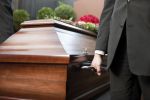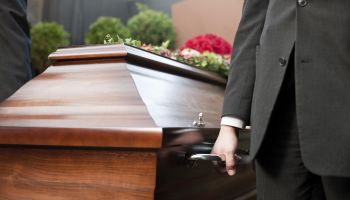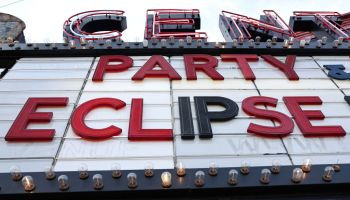
Source: CARL COURT / Getty
Yesterday morning the country changed our clocks to Daylight Savings Time, losing an hour of sleep from Saturday night to Sunday morning. Many people around the USA forget to change their clocks ahead; but everyone suffers the lost of one hour of sleep.
Losing that hour of sleep takes a toll on our driving conditions.
It has been reported that there is a significant increase in the number of automobile accidents in the spring shift to Daylight Savings Time due to the loss of 1 hour of sleep. It has been reported that there are more fatal car accidents on the Monday after the start of Daylight Savings Time than any other day throughout the year.
The extra hour gained at night with the shift from Daylight Savings Time in the fall has been variably reported to be associated with increases and decreases in the number of automobile accidents which may reflect either behavioral anticipation with an extended late night prior to the change or the benefit of extra sleep after the change.
Data from 21 years of United States’ fatal automobile accidents were gathered. The mean number of accidents on the days at the time of the shifts (Saturday, Sunday and Monday) was compared to the average of the corresponding mean number of accidents on the matching day of the weeks preceding and following the shift.
There was a significant increase in accidents for the Monday immediately following the spring shift to Daylight Savings Time. (t=1.92, P=0.034). There was also a significant increase in number of accidents on the Sunday of the fall shift from DST (P<0.002). No significant changes were observed for the other days.














